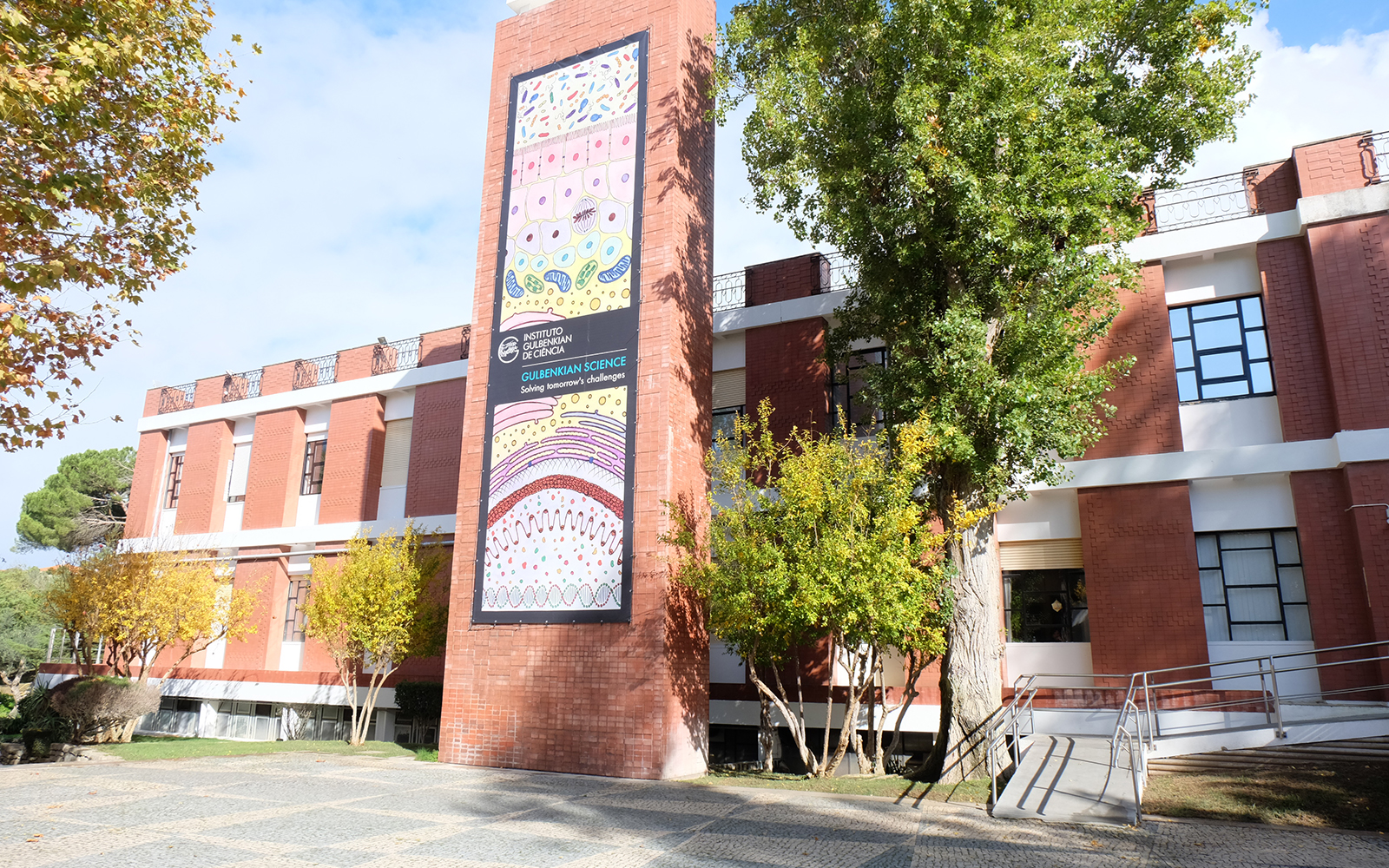Phase Separation in Replication of Viruses with Segmented RNA Genomes: from observations to opportunities
Slider de Eventos
Data
- / Cancelado / Esgotado
Local
Instituto Gulbenkian de Ciência Rua da Quinta Grande, 6 2780-156 OeirasNo IGC decorrem semanalmente diversos seminários, uma iniciativa que pretende reunir todos os investigadores em torno dos temas em debate.
As sessões, com investigadores internos ou convidados, contribuem para estimular a cultura aberta e extremamente colaborativa própria do IGC.
Pode consultar o resumo deste seminário em inglês.
A key process in the replication cycle of RNA viruses is the formation of dynamic organelles called viral factories. Multiple lines of evidence suggest that viral factories supporting replication of e.g., SARS-CoV-2, influenza, measles, and respiratory syncytial viruses may form via liquid-liquid phase separation (LLPS). Thus, targeting LLPS is an emerging paradigm that may underpin the discovery of promising antivirals. We have recently shown that replication factories of rotaviruses, also known as viroplasms, represent protein-RNA granules formed by condensation of viroplasm-forming non-structural proteins. In vitro reconstituted condensates absorb both single-stranded and double-stranded RNAs, as well as the viral RNA-dependent RNA polymerase. We show that during infection, early infection stage condensates can be reversibly dissolved by a number of small molecule compounds, resulting in the release of the viral transcripts from condensates. Such treatments reduce viral replication and phosphorylation of the condensate-forming scaffold proteins. During late infection, viroplasms become resistant to such treatments, exhibiting changes in their liquid-like state. We characterize these transitions and the specificity of such condensates using quantitative high-throughput microfluidics, single-molecule FISH, and DNA-PAINT analyses. We propose that rotavirus replication factories, or viroplasms, represent ribonucleoprotein condensates that dynamically alter their RNA composition and organization to support RNA assortment and replication.
ORADOR
Alex Borodavka
Department of Biochemistry, University of Cambridge, UK
